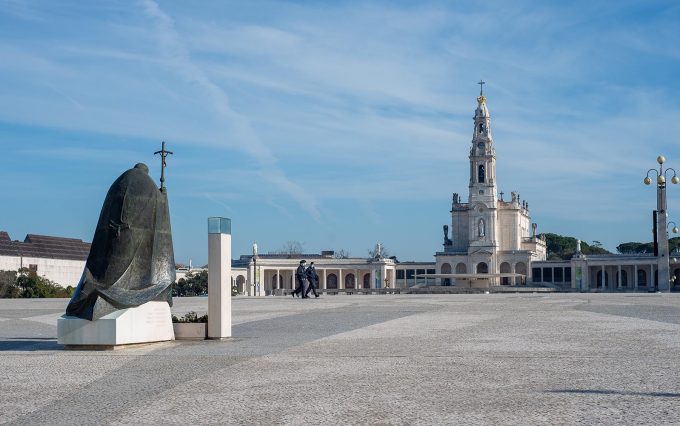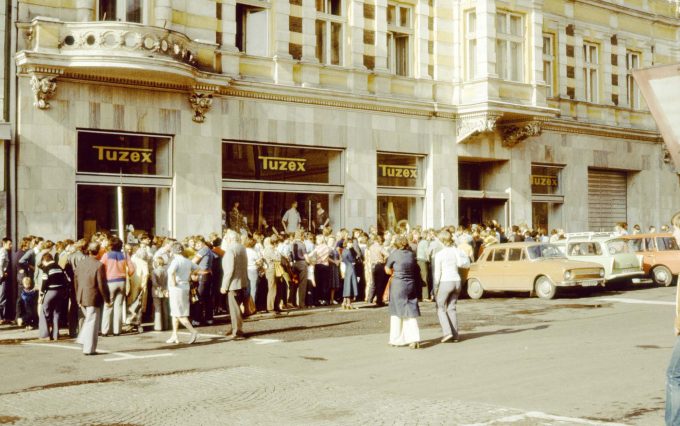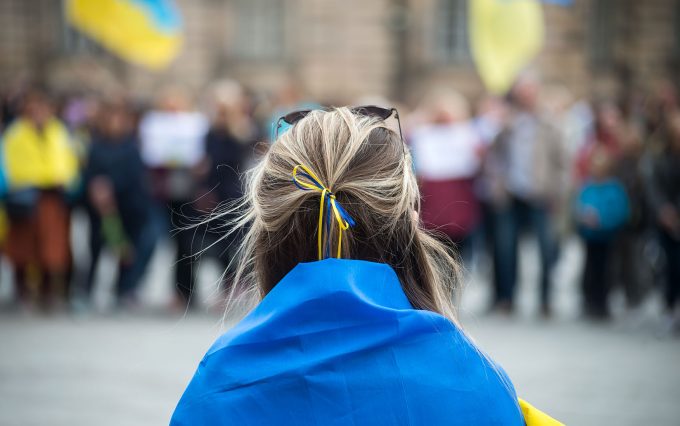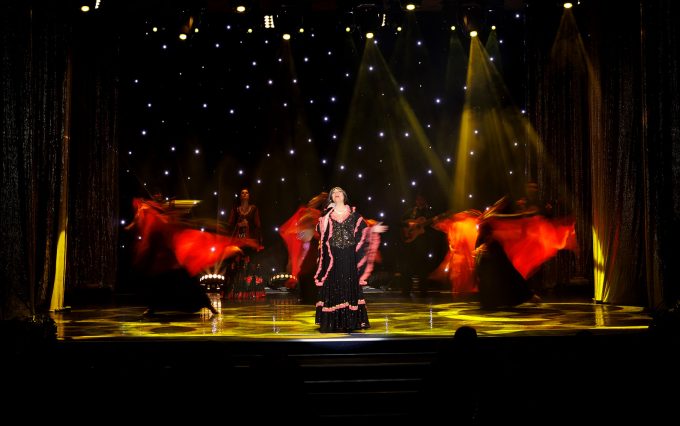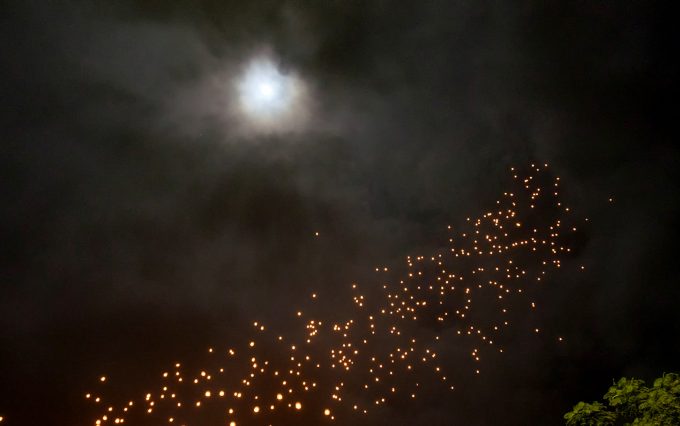Category: Non-Fiction
In this novel excerpt, Krisztina Rita Molnár writes about her mother, raising four children alone, in a two-bedroom apartment in Budapest.
In this essay, translated by Paul Sohar, Hungarian writer Katalin Mezey argues the value of prayer in times of war and the dangers of virtual reality.
In this essay, the award-winning Czech author, journalist, and translator Pavla Horáková considers desire and craving as a source for progress.
Citing martyrology, Celan, and Sachs, Olesya Khromeychuk & Uilleam Blacker ask, how can faith, hope, and love live in a space of pain? Can poetry speak of atrocity?
Actor and theater artist Balogh Rodrigó writes on the circumstances surrounding the creation of Gypsy Heroes, the first compilation of works for the theater by and about Roma.
Hungarian author and poet Ákos Kele Fodor reveals his own anti-Gypsyism and reflects on an upbringing in a racist Hungarian society.
Hungarian cultural anthropologist and photographer Attila Lóránt on a Central European perspective of racism and historical racial bias in photography.
The Hungarian novelist Attila Bartis on the necessity to consider his white identity in Indonesia, and what lies at the roots of racial prejudice.
William Pierce reflects on the racism in the physical and cultural geography of the United States and white supremacism’s ongoing distortions of American life.

